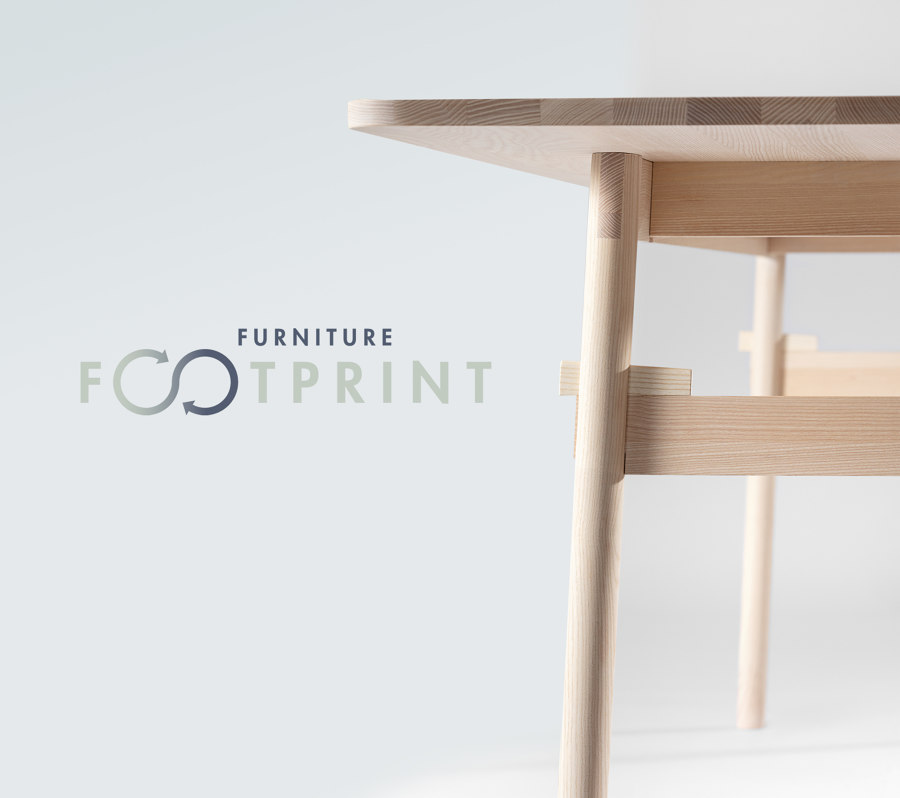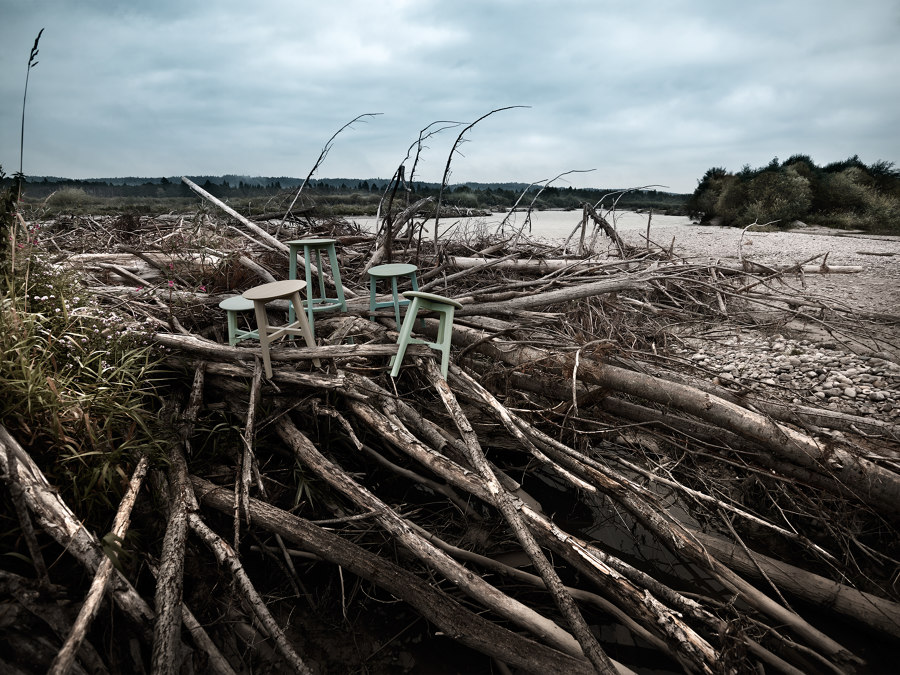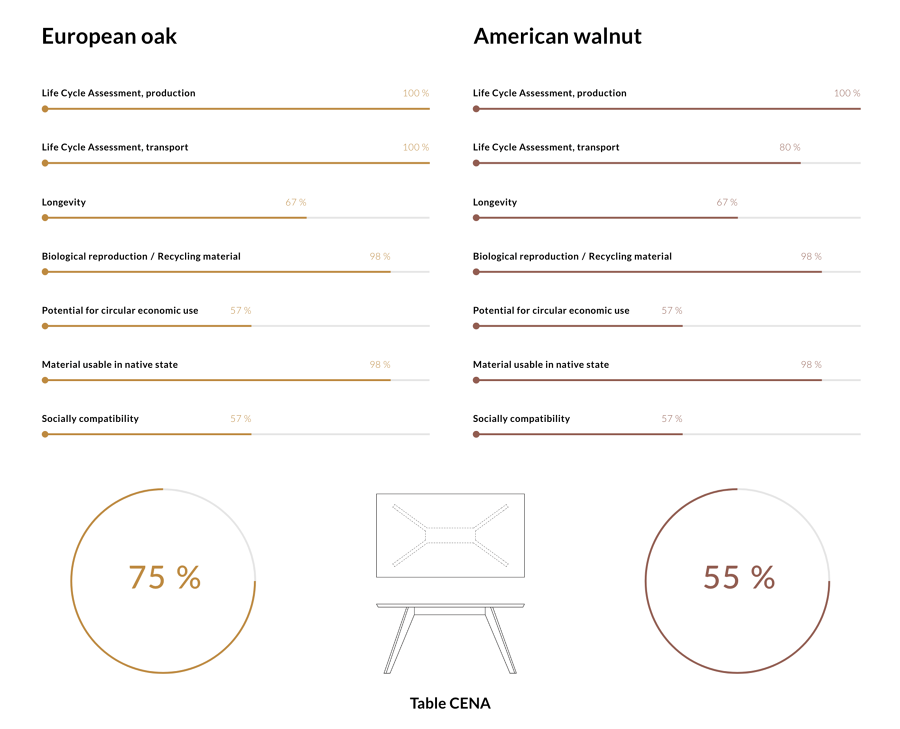Pillars of the community: Zeitraum
Brand story by Gerrit Terstiege
Wolfratshausen, Allemagne
27.04.21
Zeitraum has been finding elegant solutions for sustainable design for more than three decades and was recently awarded the German Sustainability Award for Design 2020/2021.
Zeitraum only uses raw materials that are renewable, biodegradable or recyclable
More and more purchasing decisions are being made on the basis of ecological considerations. In the case of furniture, numerous aspects play a role in how much or how little a product impacts people and the environment. The careful choice of primary materials, stains and glues, for example, can already make a big difference. An enduring design and careful workmanship also contribute to the conservation of limited resources.
A design that does not rely on short-lived trends, but stands apart in its simplicity and quality will be enjoyed for many years to come. Zeitraum is a pioneer in this respect. How exactly? The Wolfratshausen-based furniture company has developed a future-oriented sustainability assessment with its ‘Furniture Footprint’.
With its ‘Furniture Footprint’, Bavarian furniture company Zeitraum has developed a forward-looking sustainability assessment

With its ‘Furniture Footprint’, Bavarian furniture company Zeitraum has developed a forward-looking sustainability assessment
×Zeitraum only uses raw materials that are renewable, biodegradable or recyclable. The company attaches great importance to maintaining transparency with respect to the materials utilised in its products. A high percentage – 88 per cent to be exact – is comprised of solid wood. The evaluations are based on life cycle assessment (LCA) data from Ökobaudat, an information portal for sustainable construction issued by the German Federal Ministry of the Interior.
Exemplary life cycle assessment for the Cena table by Zeitraum
The company is guided by three pillars of sustainability. The first is economic sustainability – intelligent management within ecologically prudent structures, consideration of the origin of resources and the reparability of products. The second concerns ecological sustainability – a responsible approach to nature with the goal of creating something lasting. The third pillar covers the topic of social sustainability: the creation of fair working conditions that observe occupational health standards, respect for equality and human rights, and the cultivation of personal customer and manufacturer relations. In recognition of the Furniture Footprint concept, Zeitraum received the German Sustainability Award for Design in 2020/2021.
Zeitraum was recently awarded the German Sustainability Award for its Furniture Footprint in the category Design

Zeitraum was recently awarded the German Sustainability Award for its Furniture Footprint in the category Design
×Current examples illustrating the three-pillar sustainability concept include the Eclair bed designed by Britta Nehrdich and the Curtain table developed by the Läufer & Keichel design studio. A closer inspection shows the green credentials of both, but at first glance, one simply sees good, elegant design.
© Architonic






